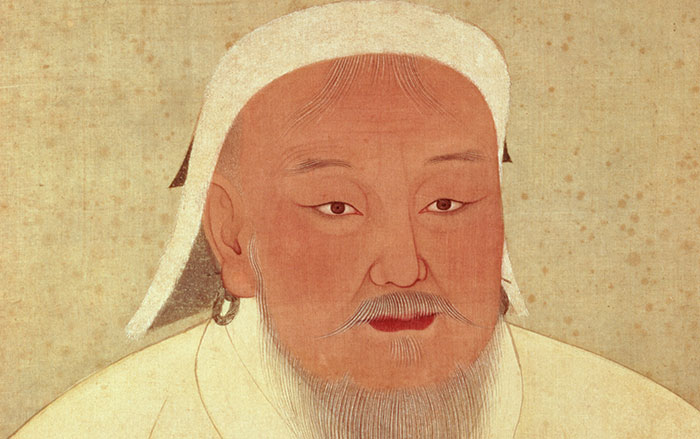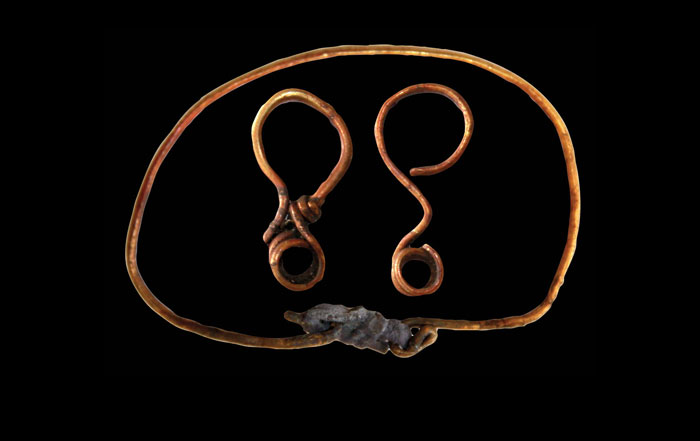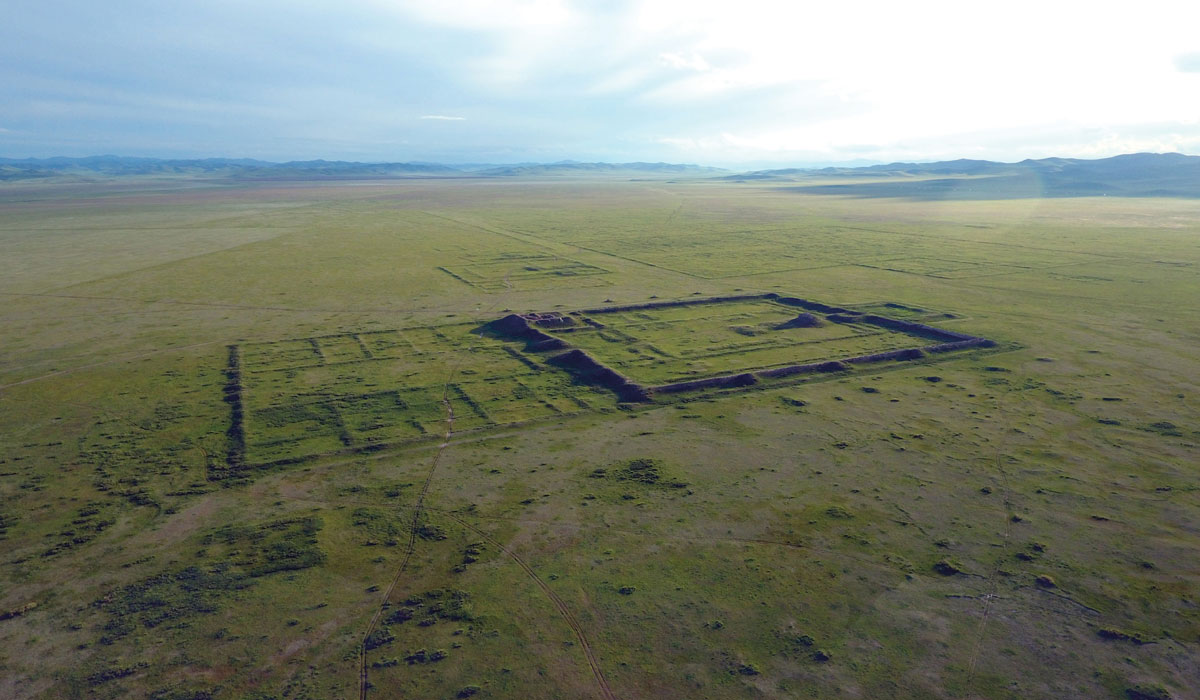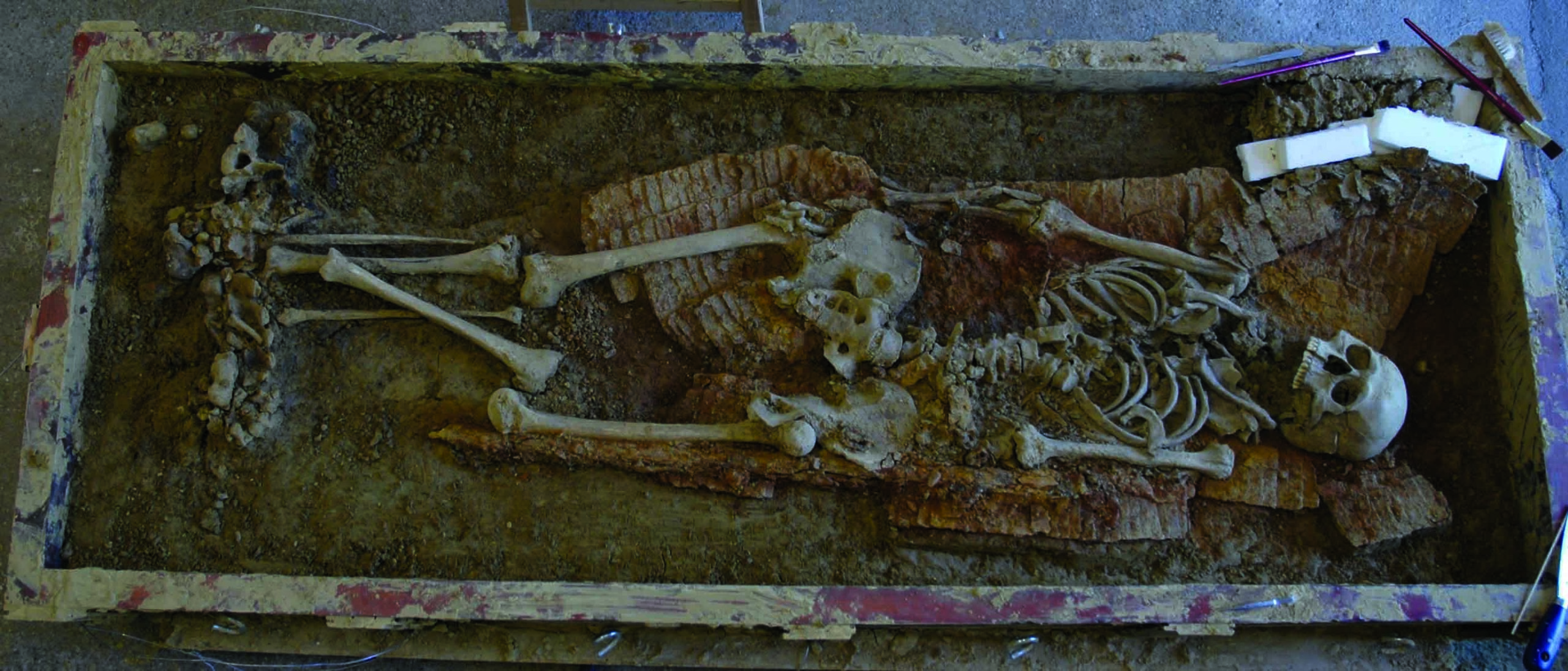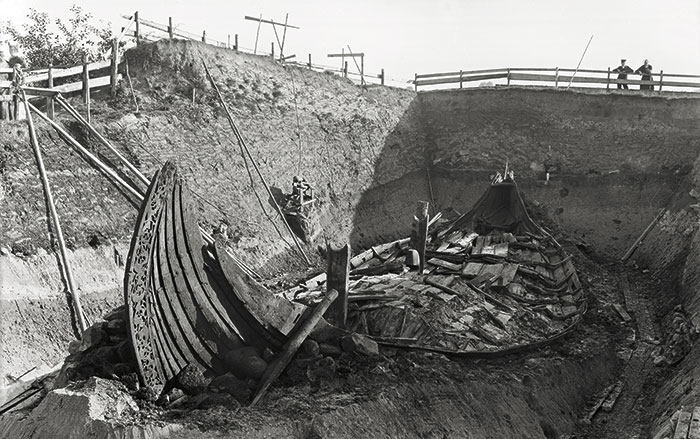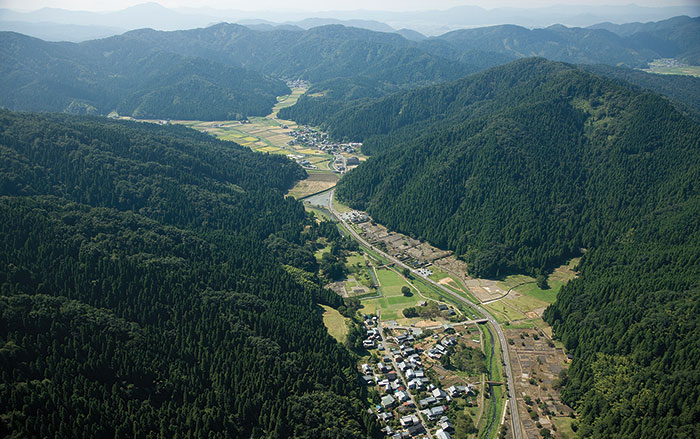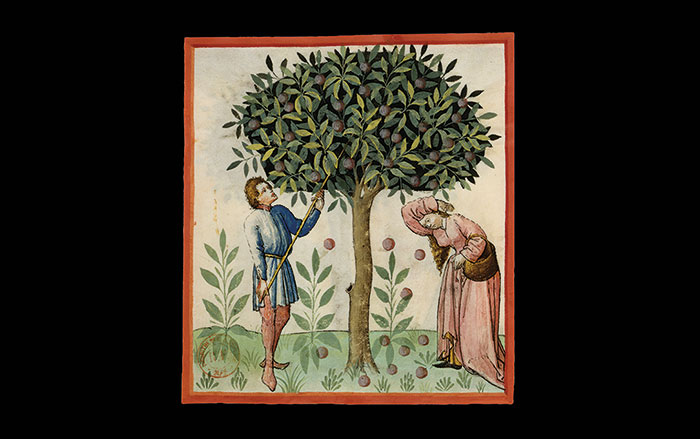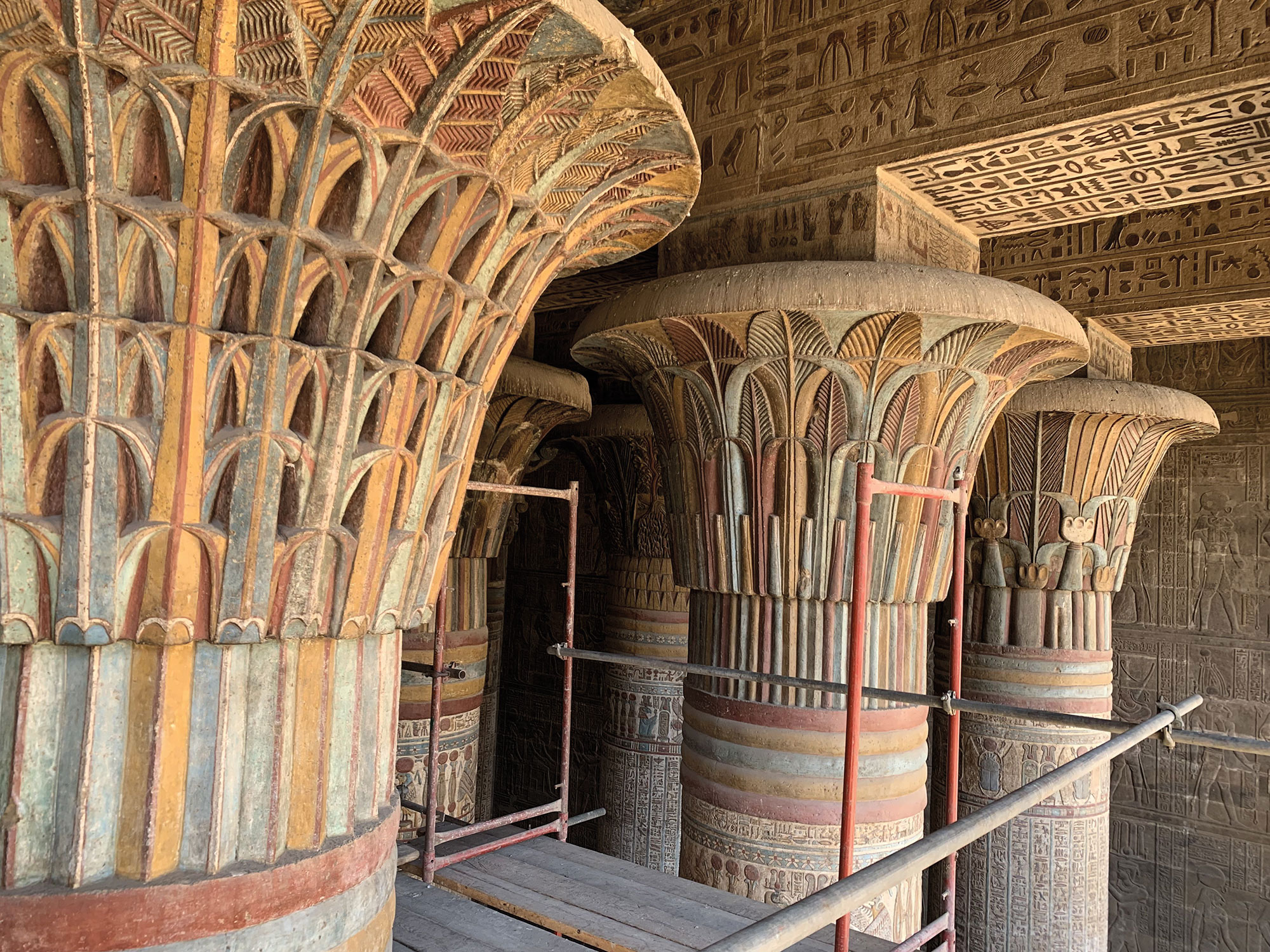
MONGOLIA: Can massive drops in human population due to war or disease lead to declines in atmospheric carbon dioxide? Researchers looked at four such events, including the Black Death and the European conquest of the Americas, to determine the carbon impact of subsequent decreases in agriculture and increases in forest growth. The answer is a qualified "no"—forests regrow slowly and may have been cut down elsewhere. The modest exception was Genghis Khan's rampage through Asia in the 1200s, though it caused only a small drop in carbon dioxide that has since been negated many times over.


